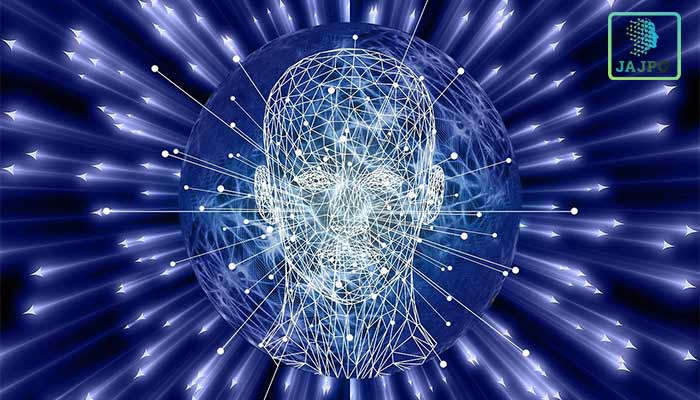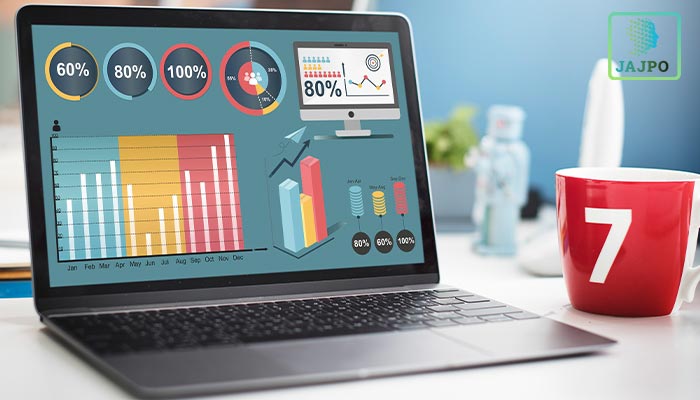Intelligence made by computers is already here. How does it affect business daily and how business will change due to artificial intelligence? Artificial intelligence has a lot of uses in business, such as making work processes more efficient and putting together business data. Researchers aren’t sure what the future of business will be like with artificial intelligence, especially in blue-collar jobs.
AI is thought to bring digital technology out of the two-dimensional screen and into the three-dimensional physical world around a person. This article is for business owners and workers who want to learn how artificial intelligence is changing the business world.
how do machine learning and artificial intelligence technologies help businesses?

You probably use AI regularly and don’t recognize it.
Many still think of AI as something from science fiction dystopias, but this is becoming less true as AI improves and becomes more common in our everyday lives. Today, everyone knows what artificial intelligence is and sometimes even sees it around them.
AI being accepted by most people is new, but the idea behind it is not. Although the present area of artificial intelligence (AI) was founded in 1956, substantial advancements toward creating an AI system and making it a technical reality required decades of labor.
AI can be used in a lot of different ways in business. Most of us interact with AI every day in one way or another. Artificial intelligence is already changing almost every business process in every industry, from simple to amazing. As AI technologies become more common, companies need to use them to stay ahead of the competition.
Artificial intelligence (AI)
A more specific form of machine learning than other types. It uses neural networks to do something called “nonlinear reasoning.” Deep learning is key to doing more advanced tasks, like finding fraud. It can do this because it looks at many different things at once.
For example, for self-driving cars to work, many factors must be found, analyzed, and dealt with simultaneously. A deep learning algorithm helps self-driving cars take information from their sensors and make sense of it, such as how far things are away, how fast they move, and their exact location. For example, self-driving cars can use this data to figure out when to change lanes simultaneously.
Deep learning has significant potential in business and will most certainly be employed more often. Older machine-learning algorithms tend to stop improving once they have collected a certain amount of data, but deep-learning models keep improving as more data comes in. This makes deep learning models much more detailed and scalable, and you could even say they are more independent.
AI in today’s business
Artificial intelligence is usually seen as a way to help people, not as a replacement for their intelligence and creativity. Despite its difficulties with simple tasks, artificial intelligence excels at processing and analyzing huge amounts of data faster than human brains can. The AI software can then come back with a list of possible next steps and show them to the human user. In this way, AI can help us figure out what each action might lead to and make it easier to make decisions.
According to Amir Husain, the founder, and CEO of the machine-learning business SparkCognition, artificial intelligence is much like the second coming of software. It’s a type of software that can make decisions independently and act in ways the programmers didn’t think of. Unlike traditional software, artificial intelligence has a wider range of decision-making options.
AI is very useful in many industries because it has these qualities. For example, a visitor or employee can easily find their way around a corporate campus, or a wind turbine can be monitored to predict when it needs to be repaired.
Common applications of AI
The most common ways AI is used are in machine learning, cybersecurity, customer relations management, internet searches, and personal assistants.
Machines learn
Machine learning is often used in systems that collect a lot of information. Smart energy management systems, for example, get information from sensors that are attached to different assets. The huge amounts of data are then put into context by machine-learning algorithms and sent to your company’s decision-makers so they can better understand how energy is used and what needs to be done for maintenance.
Cybersecurity
Husain said that artificial intelligence is so helpful that it can even be used to find holes in the security of computer networks. Believe it or not, AI systems can tell the difference between a cyberattack and other cyber threats by looking for patterns in the data they receive. Once it finds a threat, it can go back through your data to find where it came from and help stop it from happening again. That extra set of eyes, especially one that works as hard and constantly as AI, will do a lot to protect your infrastructure.
Because these problems are getting more complicated, Husain said you couldn’t have enough cybersecurity experts to look at them. Artificial intelligence is also becoming more important in this area.
Management of customer relationships
AI is also changing CRM (customer relationship management) systems. Software like Salesforce and Zoho needs a lot of help from people to stay up-to-date and accurate. But when you add AI to these platforms, a normal CRM system becomes a self-updating, self-correcting system that manages your relationships for you.
